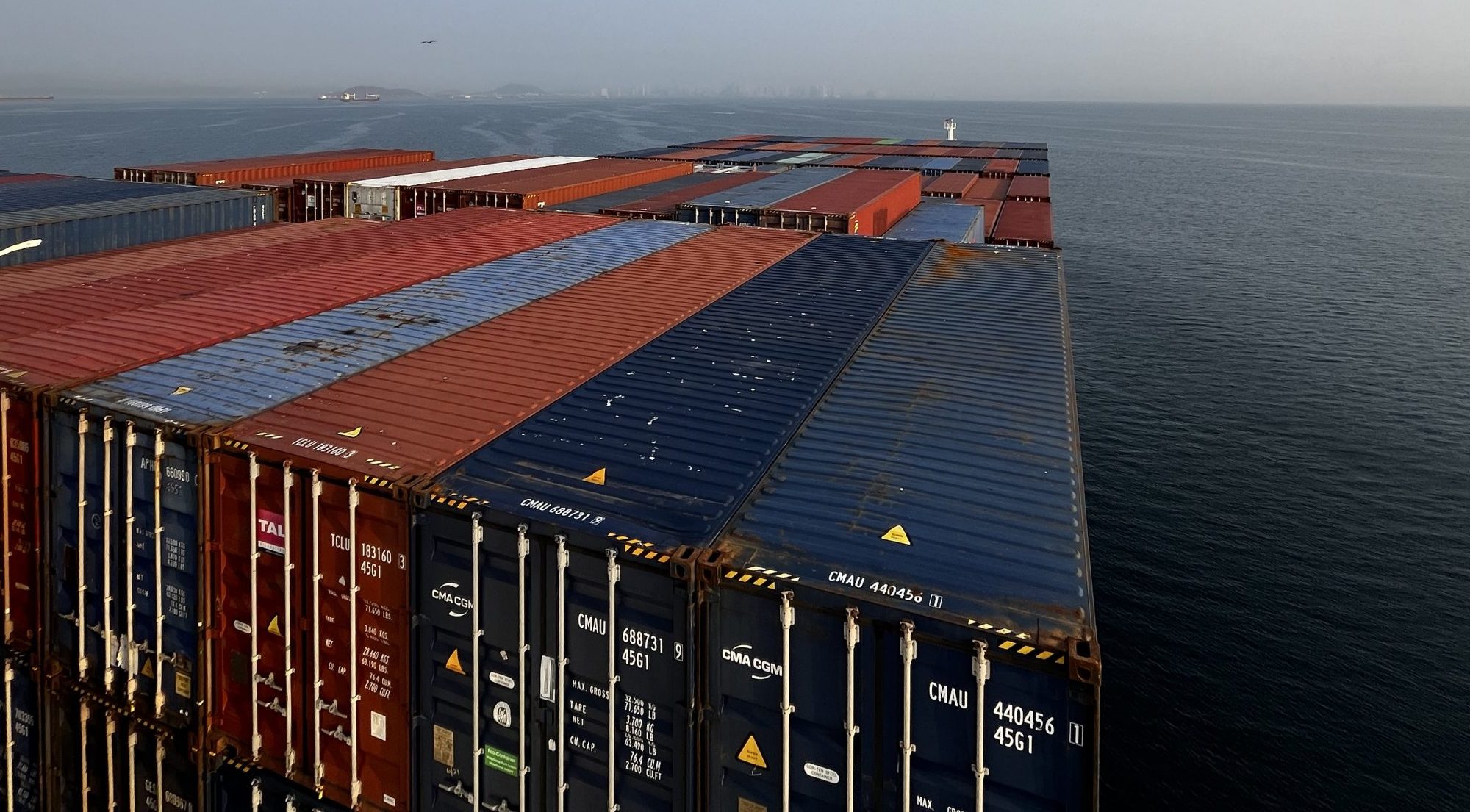For more than 16 years, Maritime Technical Services (MTS) has supported U.S. and international vessel owners in achieving and maintaining compliance with U.S. Coast Guard (USCG) requirements through the development of GAP Analysis Documents and Periodic Safety Test Procedures (PSTPs).
GAP Analysis Development
MTS conducts detailed GAP Analyses for vessels transitioning to the U.S. flag under the Maritime Security Program (MSP), Tanker Security Program (TSP), or Alternative Compliance Program (ACP).
- Comprehensive review of vessel design, systems, and certificates against 46 CFR, NVIC guidance, and relevant IMO and class rules.
- Identification of deficiencies, equivalencies, and variances requiring Coast Guard or Class acceptance.
- Preparation of a structured GAP Document used to plan and track compliance actions during the reflagging process.
- Integration of supporting data such as fire control plans, manning documentation, stability letters, and environmental certifications.
These GAP analyses provide owners, operators, and government agencies with a clear, actionable roadmap for achieving full U.S. regulatory compliance with minimal disruption to operations.
Periodic Safety Test Procedure (PSTP) Development
MTS develops and validates Periodic Safety Test Procedures for vessels seeking approval for reduced engine-room manning or periodically unattended machinery space (PUMS/UMS/MAMS) operation under 46 CFR Subchapter F and IMO Resolution A.1047(27) – Principles of Minimum Safe Manning.
- Developed in coordination with the vessel’s automation systems, control logic, and safety devices.
- Structured to meet USCG, ABS, or DNV testing protocols for machinery alarms, shutdowns, and safety interlocks.
- Supported by detailed test forms, crew verification checklists, and results logs for submission to Coast Guard MSC or Class reviewers.
- Designed to ensure periodic verification of all critical alarms, safety systems, and fail-safes for continued reliability and compliance.
MTS-developed PSTPs are in use across numerous U.S.-flag fleets—including tankers, ro-ros, containerships, and research vessels—and are routinely referenced by Coast Guard and Classification Society reviewers.
Deliverables Typically Include
- Comprehensive GAP Analysis Document with regulatory mapping and action items
- Customized PSTP manual aligned with vessel-specific automation and safety systems
- Test forms, alarm matrices, and verification checklists
- Cross-referenced citations to 46 CFR, IMO Codes, and Class Rules
- Supporting documentation packages ready for USCG or Class submission
By combining deep regulatory knowledge with engineering expertise and hands-on Coast Guard experience, MTS delivers GAP and PSTP packages that are complete, defensible, and approval-ready—saving clients time, cost, and uncertainty during compliance reviews.
Need GAP or PSTP Support?
Whether your vessel is entering the U.S. registry, pursuing reduced manning approval, or updating automation testing procedures, our experts can guide you through every step. Contact MTS Today

